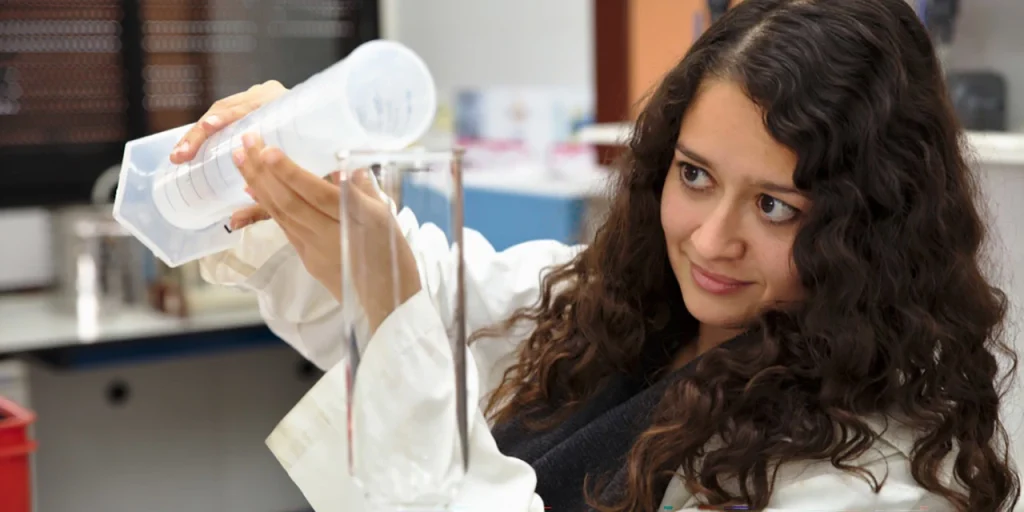Tackling water quality through grassroots collaboration

The beauty of the coral reef led Antonella Rivera to study the ugly sewage that blights it. But she had to overcome gender and nationality barriers to forge her unique path in science.
The conservation and sustainable use of global marine resources is so fundamentally important that it’s the focus of one of the UN’s 17 Sustainable Development Goals. But what exactly inspires scientists to devote their work to the underwater world?
For Dr Antonella Rivera, a marine biology researcher in Honduras, it was a trip to the Bay Islands north of the Honduran mainland. For her bachelor’s degree, she was doing volunteer work and training throughout a marine park there.
Antonella went on to get a scholarship that allowed her to pursue a master’s degree in Marine Biodiversity and Conservation at the University of Oviedo in Spain followed by a PhD in Social Ecology. From there, she started focusing exclusively on marine-based research and projects.
Spotlight on sewage
For the last eight years, Antonella has been back in Honduras working for the Coral Reef Alliance as Principal Investigator.
Her love of the marine world may have been inspired by the beauty of the Mesoamerican Barrier Reef system, but a much less attractive ocean feature has become the focus of her investigations — sewage:
“I started noticing how important sewage treatment and water quality is here in the Caribbean. It might not be such a flashy concern if you’re not seeing it happen. But what if we can consistently show that if sewage isn’t treated properly before it goes into the ocean, it not only affects human health but it also affects the reef? Sewage can make the reef more susceptible to bleaching and more likely to have diseases.”
Antonella collaborated on a white paper looking at integrated watershed management, examining exactly what pollutants are travelling into the watershed and marine environment. This project highlighted issues in the approach to sewage treatment across Honduras:
“We have sewage treatment, but across the whole mainland, including close to the capital, many people have septic tanks. There are not clear regulations around how these are built and maintained, which can lead to improperly treated sewage leaking off.
The Coral Reef Alliance in collaboration with the Bay Islands Conservation Association had been working with a local water board to properly manage and update a sewage treatment plant on Half Moon Bay, Roatan, the largest of the Bay Islands of Honduras, for several years. Antonella started intensively studying the results of this work to see what impact it had for the community and local reef. The results were very encouraging. She explains:
“The changes that took place in Half Moon Bay were really from the bottom up. It was very grassroots, with the local community getting together and then joining up with the government. I saw they had been able to treat some 30 million gallons of sewage and had a very satisfied community. And the reef was doing so much better. There were about three orders of magnitude less of pathogens.”
Read the full article on Elsevier Connect: “Tackling water quality through grassroots collaboration“, Milly Sell, 18 July 2024.

















